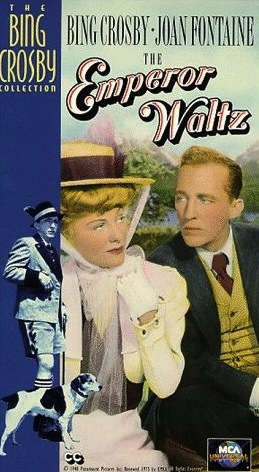 Billy Wilder’s seventh movie, The Emperor Waltz, is a light comedy starring Bing Crosby and Joan Fontaine. It was released in 1948. Billy was 42 years old.
Billy Wilder’s seventh movie, The Emperor Waltz, is a light comedy starring Bing Crosby and Joan Fontaine. It was released in 1948. Billy was 42 years old.
The title card at the start of the movie sets the stage…
On a December night, some forty-odd years ago, His Majesty Francis Joseph the First, Emperor of Austria, Apostolic King of Hungary, King of Bohemia, Dalmatia, Croatia, Slavonia, Galicia, and so for and so forth, was giving a little clambake at His palace in Vienna.
Well, that tells me what we’re about to see. “Clambake” is a word rarely associated with royalty. So this must be some kind of comedy, right?
And in color, too. This is the first movie Billy Wilder directed in color. The color is weird, though. Bing looks embalmed.
Joan Fontaine is a hottie. But she’s so prim, smug, and proper in this movie — and she speaks with such a tight-lipped English accent — that she’s irritating.
Thankfully, she’s not mousy like she was in Rebecca and Suspicion. I can’t stand mousy women. My biggest pet peeve when I watch a movie is seeing characters on screen who are emotionally stunted in some way, meek, passive, and prone to making decisions that I just wouldn’t make in those same circumstances. Joan Fontaine in Rebecca drove me up the wall.
Gee, whiz. Bing just broke into song — a yodel, no less. In the Alps.
I haven’t a clue what this movie is [Read more →]


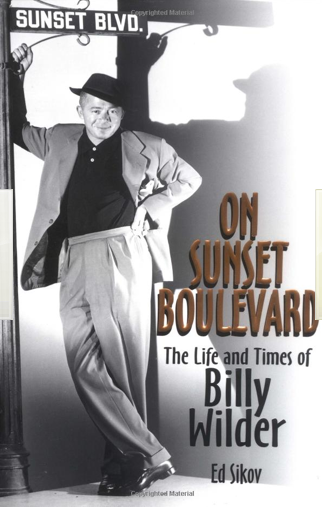 On Sunset Boulevard: The Life and Times of Billy Wilder
On Sunset Boulevard: The Life and Times of Billy Wilder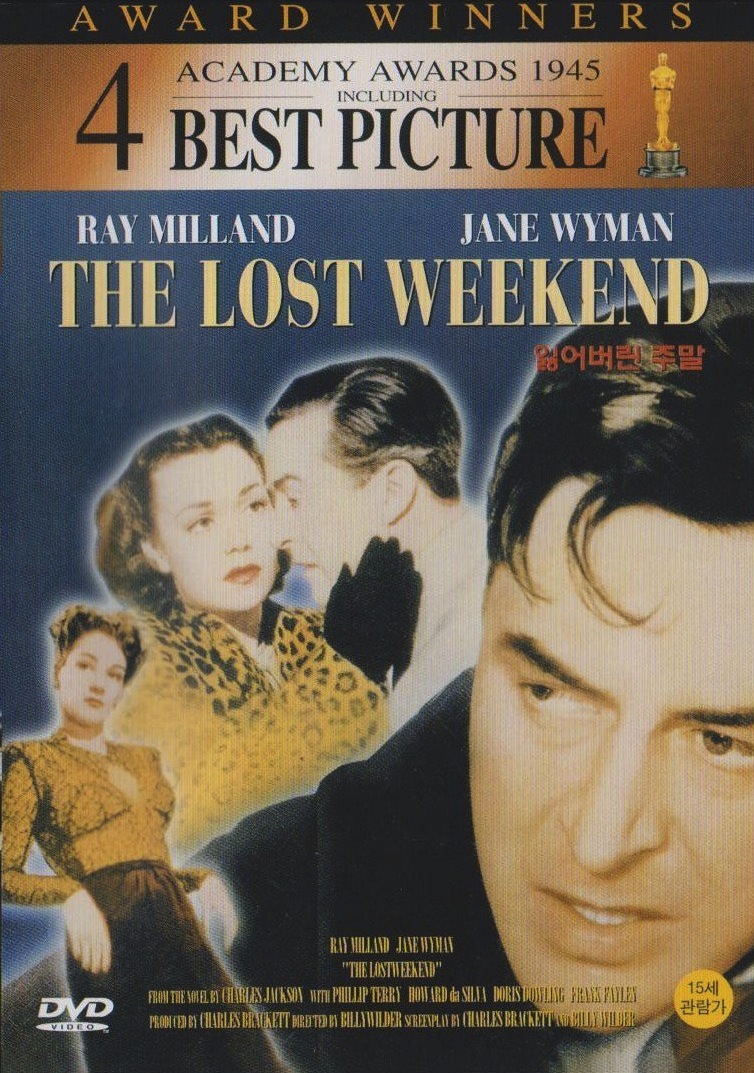


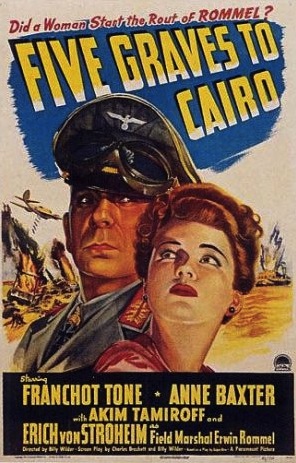
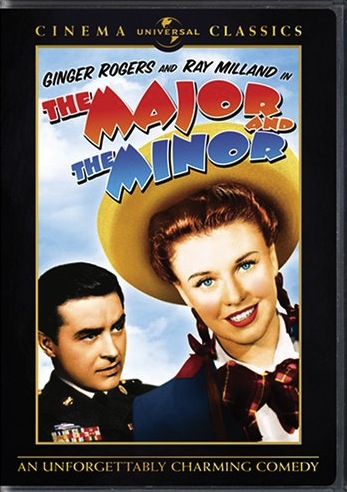
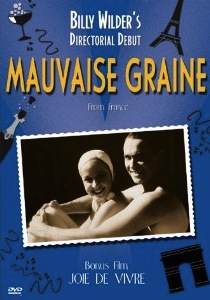
 You can call me Billy. But don't expect me to answer to that.
You can call me Billy. But don't expect me to answer to that.